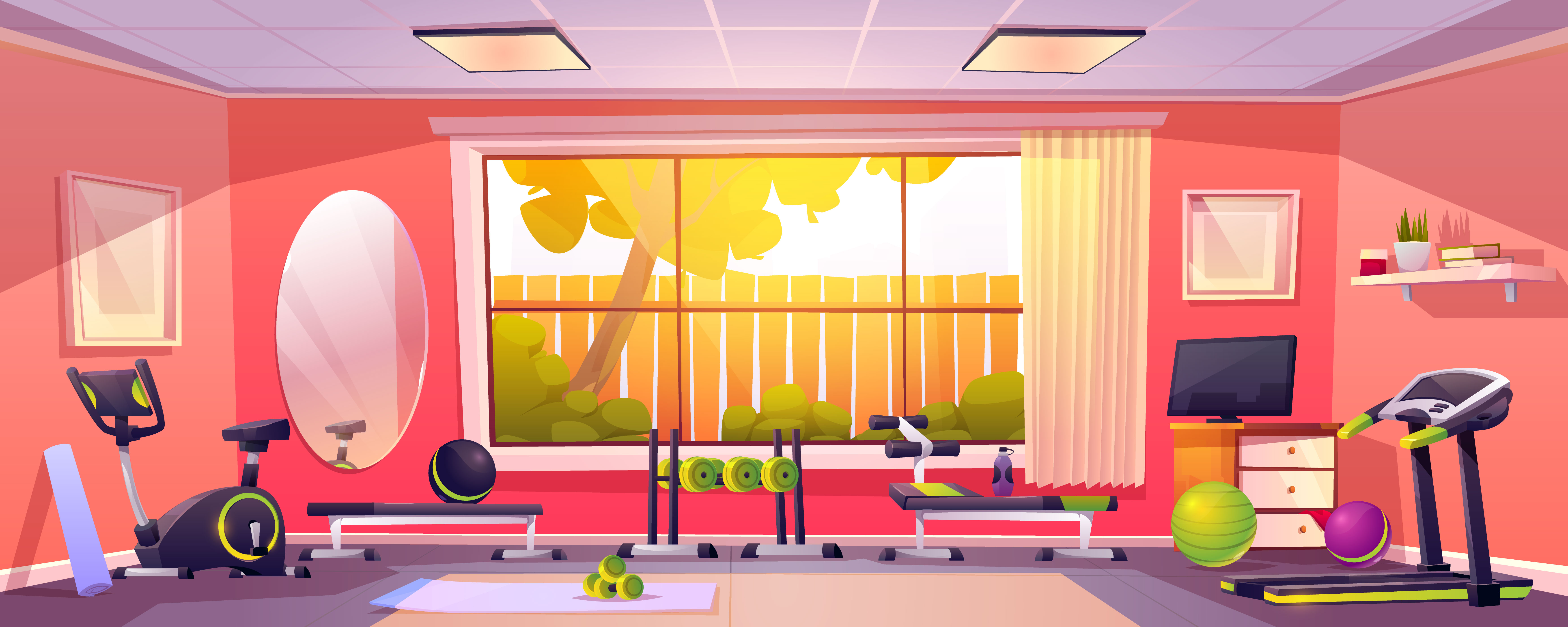December 15, 2021
A HEALTHY BODY FOR A HEALTHY MIND

Photo by Deniz Altindas on Unsplash - Image by @upklyak on freepik
We all know it, practicing a sport activity regularly is great for our body. Practicing sports helps us protect our cardiovascular system and strengthen our immune system, while promoting our sleep and increasing our metabolism. But what we know less is that practicing sports is also beneficial for our neurons...
- Everything in the muscles and in the head -
It is advisable to practice an endurance activity (2-3 times a week) and to do weight training (minimum once a week), because this improves our blood flow and the oxygenation of our cells (including our little grey ones).
The main thing is to find some satisfaction in our physical activity, which will complete our training with the release of endorphin.
And nothing prevents us from trying out different activities that are beneficial for our body and our mind : walking, swimming, cycling, tennis, climbing, board sports, etc.
- Brain functions -
By practicing sports regularly, our brain is better oxygenated by the production of a protein called BDNF (Brain-Derived Neurotrophic Factor). The benefits of this molecule on our thinking organ are significant : it promotes neurogenesis (creation of new neurons) and keeps our brain cells alive.
Sport also helps to develop better blood vessels and strengthen them. Providing better irrigation of our brain and improving the evacuation of toxins accumulated in our nerve cells.
The practice of sport slows down the effects of aging on the brain, cognitive decline as well as certain neurodegenerative diseases. And the icing on the cake, sports practice is effective even for people who started late. We just have to make sure that our program is adapted to our current performances and then improve them. So let’s not hesitate to consult our doctor who can focus our attention on our weak points, and make us avoid to start too strong, too far which can quickly be at the origin of physiological and psychological injuries, exhaustion, even being disgusted with our activity.
- Each one its biorhythm -
Exercising in the evening is rarely recommended, as the mobilization of muscles tends to heat up and wake up the body. The consequences on rest can be problematic. But some of us tolerate it very well and have no trouble falling asleep.
Intellectual performances are particularly developed 24 hours after a sports session. So let's plan our sports sessions according to our requirements but also our needs in concentration and rest.
Conclusions
Practicing physical activity is beneficial for our entire body, we will find well-being, satisfaction and an effective recipe for making the most of our physical and cognitive faculties.
So there is no more hesitation to have: Let's join a gym, a sports association or practice solo, whatever suits us best… Let's do it!
What do you think?
